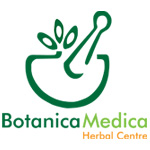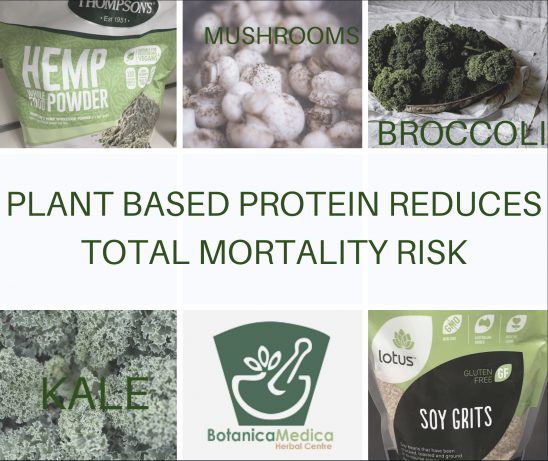Plant protein reduces total mortality risk
Results of a new large-scale study published in JAMA Internal Medicine show an association between plant protein intake and lower total, cancer-related and cardiovascular disease related mortality.
The study from Japan (Japan Public Health Centre-based Prospective Cohort) undertaken on over 70,000 participants, followed-up for 18 years found that while intake of animal protein showed no clear association with total or cause-specific mortality, intake of plant protein did.
“In this large prospective study, plant protein intake was associated with lower risk of all-cause and cardiovascular disease (CVD)-related mortality. Moreover, substitution of plant protein for animal protein was associated with lower risk of total, cancer-related, and cardiovascular disease-related mortality. Our study suggests that plant protein may provide beneficial health effects and that replacement of red and processed meat protein with plant or fish protein may increase longevity”, the authors reported.
Noting there are very few studies evaluating animal and plant protein intake separately in relation to overall risk or cause specific mortality and no studies in Asian populations, the researcher’s study design sought to address these issues.
“Earlier ecologic studies reported a positive correlation between overall animal protein intake and mortality due to cardiovascular disease and cancer. However, only a few epidemiological studies have evaluated the association between protein intake in association with mortality outcomes.”
“No reports on this issue have yet appeared from an Asian population, despite the differences in dietary habits between Asian and western populations. The higher fish and soy product consumption in Japan than in western populations suggests that their sources of animal and plant proteins may differ. Herein, we evaluated the association between animal and plant protein intake and all-cause and cause-specific mortality in a Japanese population within the Japan Public Health Centre-based Prospective Cohort Study,” the authors explained.
Results showed plant protein intake was significantly inversely associated with the risk of overall mortality (Hazard Ratio (HR) for quintile 2, 0.89 [95% CI, 0.83-0.95]; Hazard Ratio for quintile 3, 0.88 [95% CI, 0.82-0.95]; Hazard Ratio for quintile 4, 0.84 [95% CI, 0.77- 0.92]; Hazard Ratio for quintile 5, 0.87 [95% CI, 0.78-0.96] with quintile 1 as the reference category (P = .01 for trend).
“Among cause-specific mortality, this inverse association with plant protein intake was evident for cardiovascular disease mortality (Hazard Ratio for quintile 5, 0.73; 95% CI, 0.59-0.91) and its subdivisions of heart disease (Hazard Ratio for quintile 5, 0.72; 95% CI, 0.54-0.97) and cerebrovascular disease mortality (Hazard Ratio for quintile 5, 0.72; 95% CI, 0.51-1.00), but not with cancer mortality (overall or site-specific).
“Furthermore, our study showed that substitution of three percent energy of plant protein instead of red meat protein would result in an absolute risk reduction of overall mortality at 15 years of 3.60 percent (95% CI, 2.10%-4.86%). For an average person with 2000 kcal/d of energy intake, three percent of energy from plant protein would be approximately 260 g for a protein-rich food such as soy.
“Our study suggests that encouraging diets with higher plant-based protein intake may contribute to long-term health and longevity,” the authors concluded.
At Botanica Medica our Naturopaths are well aware of the importance of a good diet and the effect it can have on your life both physically and mentally. They come across lots of interesting studies and are always updating their knowledge. If you would like to make an appointment with one of our Naturopaths call Botanica Medica on 8271-1827 today. They are only to happy to share the knowledge they have gained through their studies and patient outcomes, and get you feeling better. Botanica Medica is located at 97 Glen Osmond Road, Eastwood and appointments are available Monday to Saturday including some after hours.
Source:
JAMA Intern Med. doi:10.1001/jamainternmed.2019.2806
Plant protein reduces total mortality risk 16 Sep 2019 Results of a new large-scale study published in JAMA Internal Medicine
Artwork created in Canva, photo’s from stocksnap


Recent Comments